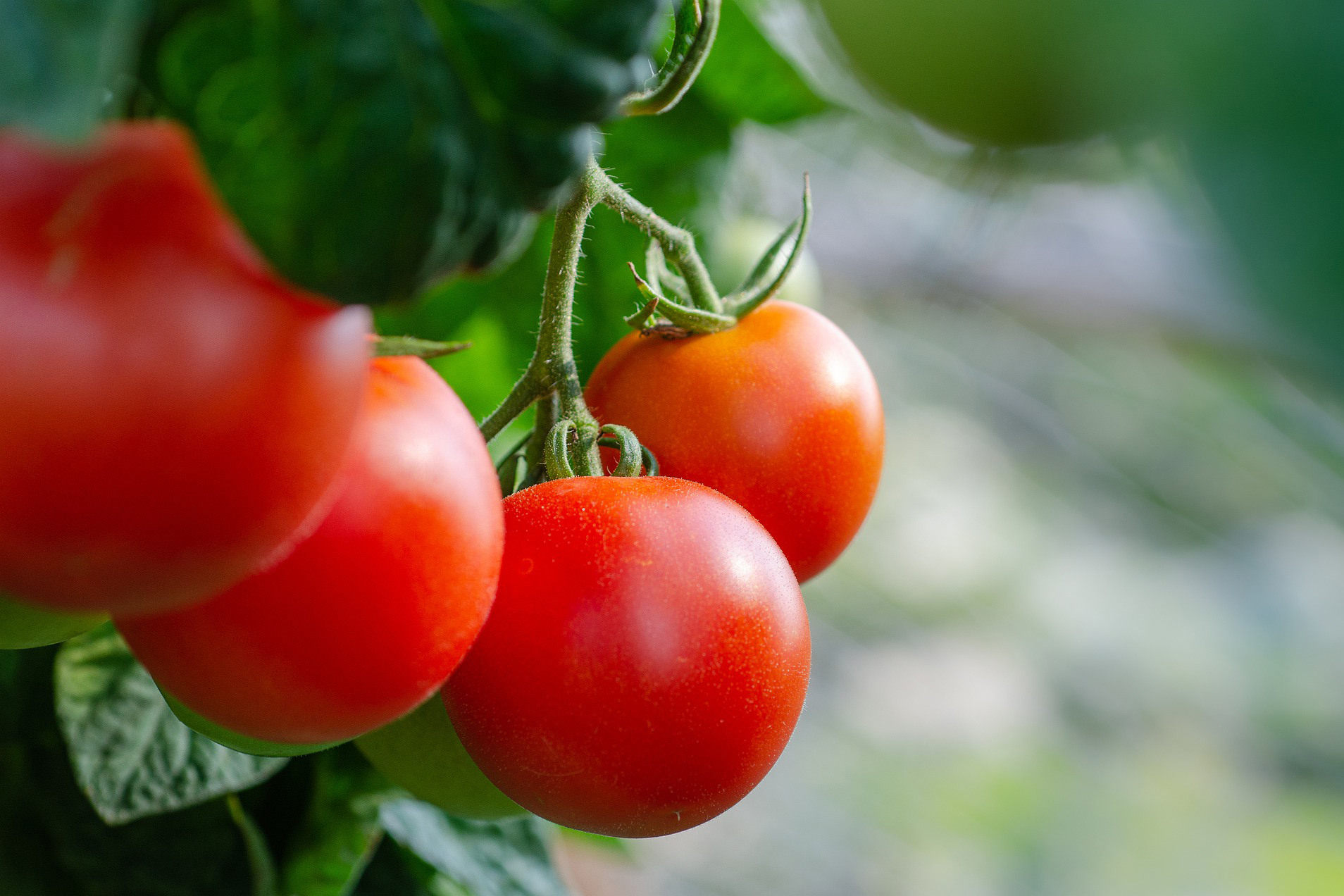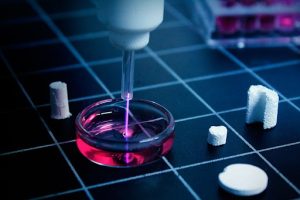
Feasibility study for the location of a new youth centre in the Nou Barris neighbourhood (Roquetes)
December 31, 2019
Improved efficiency of plant protection treatments for extension tomato crops in Baix Llobregat
December 31, 2019Carbon dioxide (CO2) is considered the main greenhouse gas, as well as the main cause of global warning. Therefore, using it as a raw material C1 to efficiently synthesise valuable chemical and industrial products, such as carbon monoxide, methanol, ethanol, formic acid, ureas and polycarbonates, among other high-value chemicals, is both an academic challenge and a social demand.

The IMEM group and the company B Braun Surgical have developed a catalyst of hydroxyapatite, which has been electrically polarised by a process of thermal stimulation to produce ethanol ecologically and selectively on the basis of CO2 and CH4. The reaction, which produces ethanol as the main product, functions efficiently at 95°C under the action of UV radiation and at 140°C in the absence of light. Although ethanol forms at the surface of the catalyst, with selectivity above 90%, through electrocatalytic reduction of CO2, the study of the reaction mechanism has revealed that the presence of water is crucial to promote the formation and stabilisation of reactive radicals. The plasticity of the catalyst means that the selectivity can be modulated, and the formation of ethanol reduced in favour of other valuable chemical products, such as formaldehyde and acetone.
As a test of concept, the proposed reaction was carried out successfully using air contaminated by road traffic. In this case, obtaining ethanol and other chemical compounds from polluted air opens up a new path to transform greenhouse gas emissions into valuable chemical products using simple catalysts based on a mineral that is abundant on Earth.
Related Projects
- Researchers from the Plasmas for BioMedical Applications Laboratory (PlasmaMED Lab) of the Department of Materials Science and Engineering of the Universitat Politècnica de Catalunya - BarcelonaTech (UPC), are working to develop a new treatment for bone cancer, which avoids the secondary effects of conventional treatments – such as chemotherapy – and enables bone regeneration when the tumour has been surgically resected.
- Every year, over four million patients acquire an infection associated with a hospital stay, according to the European Centre for Disease Prevention and Control and the World Health Organisation. The data indicate that the impact of these infections has led to direct or indirect mortality of 137,000 patients and a cost of seven billion euros annually.
- The Agricultural Machinery Unity (UMA) of the Universitat Politècnica de Catalunya - BarcelonaTech (UPC) has participated in the GOPHYTOVID project to develop an automatic, universal device for the variable application of plant health products, based on plant vigour maps.
- The Agricultural Machinery Unit (UMA) of the UPC is coordinating the national project Smart Spraying for Sustainable Vineyards and Olive Trees (PIVOS). The aim of the project is to demonstrate the benefits of smart spraying of plant health products for sustainable use of pesticides in vineyards and olive trees. These benefits include maintaining biological efficacy and reducing economic and environmental costs.




